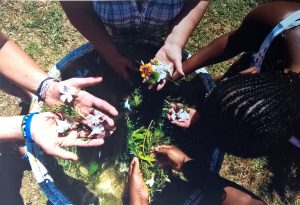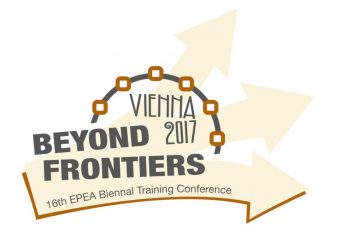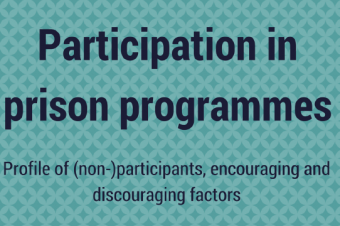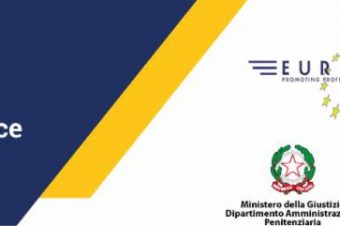Erasmus+ project – report from Italy, Southern Region
ST EPs, Supporting Ties in the Education of Prisoners, is a project of the program Erasmus+ for Cooperation and Innovation and the exchange of best practices, promoted and funded by the EU. It is an international partnership coordinated by EEPEK of Larissa, Greece, involving schools in prisons in Greece (at Larissa) and in Italy (at the CPIA1 Rome), as well as non-formal education organisations, such es Kerigma in Barcelos (Portugal) and C.I.P. Citizens in Power in Nicosia (Cyprus).
EPs, Supporting Ties in the Education of Prisoners, is a project of the program Erasmus+ for Cooperation and Innovation and the exchange of best practices, promoted and funded by the EU. It is an international partnership coordinated by EEPEK of Larissa, Greece, involving schools in prisons in Greece (at Larissa) and in Italy (at the CPIA1 Rome), as well as non-formal education organisations, such es Kerigma in Barcelos (Portugal) and C.I.P. Citizens in Power in Nicosia (Cyprus).
 The project, started in November 2018, aims to promote effective actions for re-education, social inclusion and prevention of relapses. It is organised in two sections: a research and comparison one, dealing with innovative education practices at an international level, and a second one, dedicated to methodological innovation. This section consists in a field work among teachers, prisoners and/or ex-prisoners: the aim is to set up and experiment Virtual Rooms, as interactive virtual environments, consisting of rooms, narrative stories, videos, photographs and newspaper articles, where student-prisoners can browse through an off-line technology.
The project, started in November 2018, aims to promote effective actions for re-education, social inclusion and prevention of relapses. It is organised in two sections: a research and comparison one, dealing with innovative education practices at an international level, and a second one, dedicated to methodological innovation. This section consists in a field work among teachers, prisoners and/or ex-prisoners: the aim is to set up and experiment Virtual Rooms, as interactive virtual environments, consisting of rooms, narrative stories, videos, photographs and newspaper articles, where student-prisoners can browse through an off-line technology.
By using these rooms students will be able to recognize themselves in paths which can support the personal process of elaboration and reflection. These virtual rooms will be set up by using individual anonymous texts of the prisoners, collected in the form of stories during educational activities and then treated and made exemplary by teachers involved in the project.
 STEPs will end in 2021 by the publication of the results that include a methodological guide to use innovative methods in teaching in restricted conditions. Also there will be organised communication and dissemination initiatives in collaboration with national and territorial stakeholders in the sector.
STEPs will end in 2021 by the publication of the results that include a methodological guide to use innovative methods in teaching in restricted conditions. Also there will be organised communication and dissemination initiatives in collaboration with national and territorial stakeholders in the sector.
In this framework, the Italian group has started publishing research and methodological posts in a blog as a useful tool to communicate during all the project process, both among partners and to all those professionals involved in prison education. Please, follow us and join the discussion!
by Marina Tutino from Italy
![The work of teachers in prison – a biopic [EN|GE]](https://www.epea.org/wp-content/themes/pinnacle/assets/img/placeholder-min.jpg)


